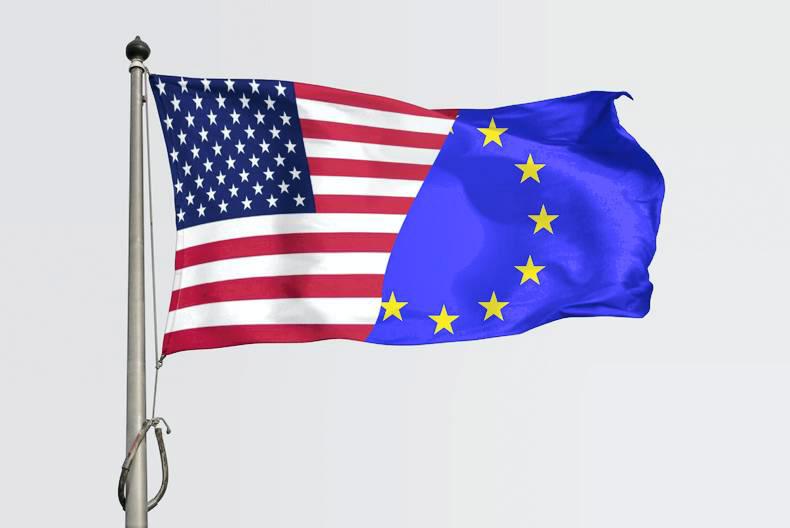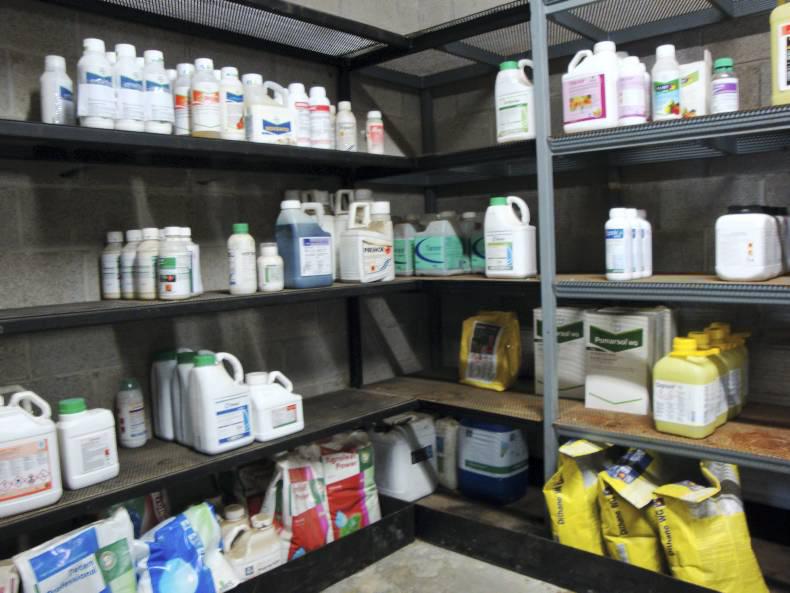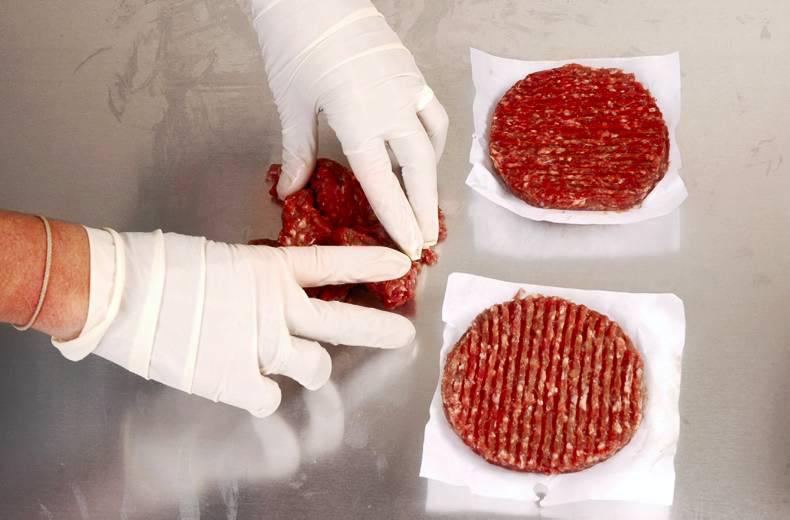This Wednesday's much hyped European Parliament vote on the Transatlantic Trade and Investment Partnership (TTIP) turned into something of a damp squib. With numerous terms and conditions attached, negotiators were given a mandate to proceed with discussions with their US counterparts on an almost 2:1 majority.
However the list of conditions is so long and demanding that even the most skilled EU negotiators have no chance of persuading their US counterparts to accept them.
They also have the potential to throw a spanner in the works of the recently agreed trade agreement with Canada. It has an Investor State Dispute Settlement (ISDS) clause, which is the main focus of opposition to a deal with the US.
ISDS is an alternative to the use of the court system and it is feared by various lobby groups in the EU because it could be used to bypass country courts and national parliaments' policy decisions. For example, the Irish decision to ban cigarette companies from using branded packaging would be extremely difficult, probably impossible to challenge in an Irish court but there would be a much better chance of a successful challenge in a trade treaty dispute settlement arbitration service.
The Canadian angle is interesting – an ISDS has been accepted as part of the EU-Canada trade agreement (CETA), which is currently going through the ratification process. A diluted version suggested by the European parliament is unlikely to wash with the US negotiators when Canada has already secured a full-blown ISDS.
Anyhow, all this is quite academic – the real power of the European Parliament will come into play if the EU commission negotiates a deal, which will then have to go before Parliament. That is the moment when MEPs have real power – though it is limited in that they can only either accept or reject.
Meanwhile, the next round of discussions between the EU and the US take place next week in Brussels. The Europeans will go in with this week's wish list from the Parliament.
It will be interesting to see how the trade-offs work.










SHARING OPTIONS